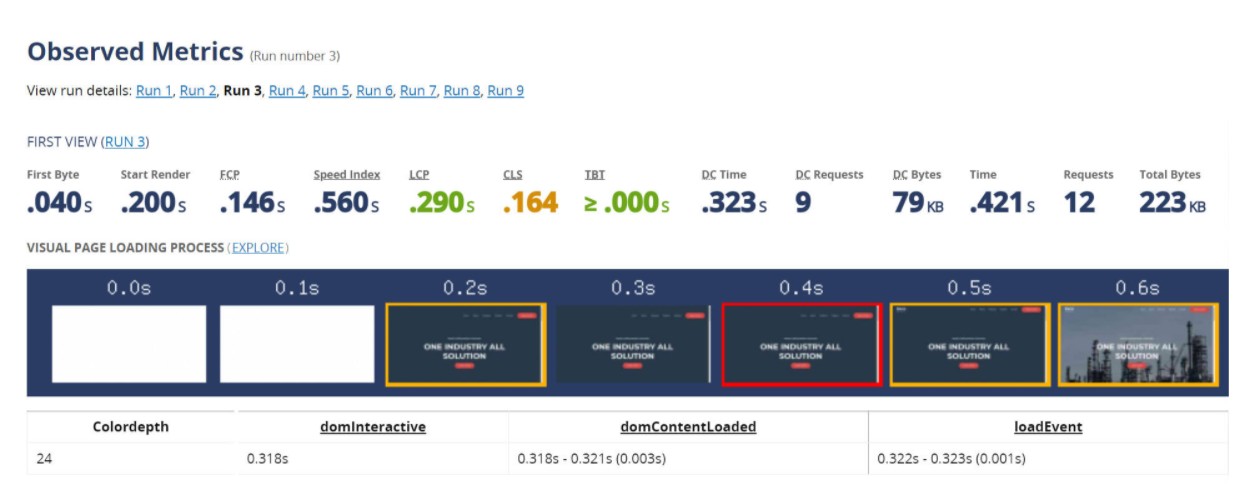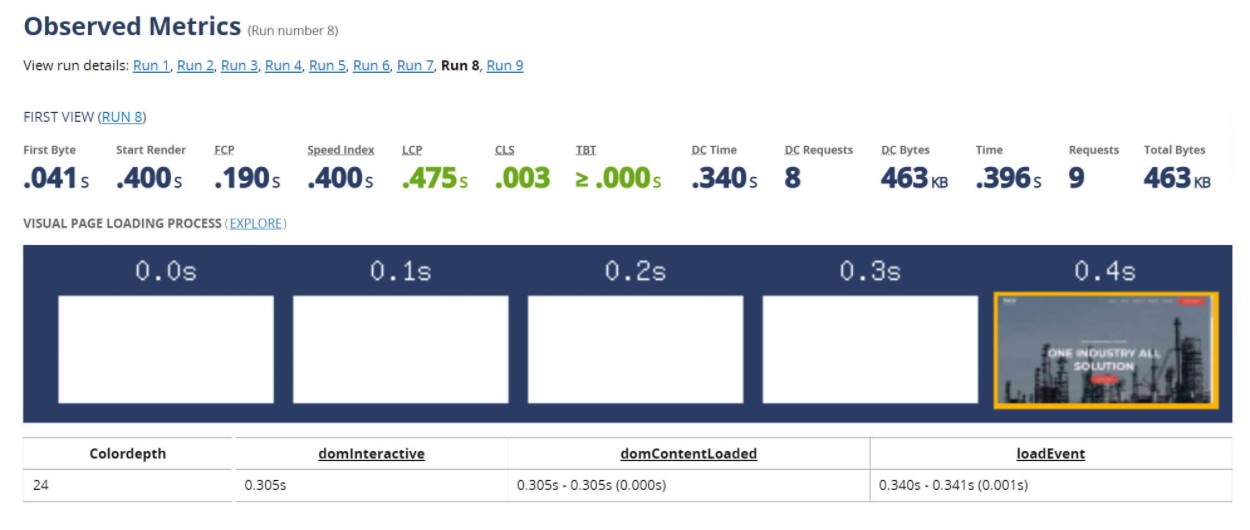Litespeed Cache Vs. Wp Rocket - Truths
Wiki Article
Litespeed Cache Vs. Wp Rocket for Dummies
Table of ContentsLitespeed Cache Vs. Wp Rocket - The FactsIndicators on Litespeed Cache Vs. Wp Rocket You Should KnowRumored Buzz on Litespeed Cache Vs. Wp RocketRumored Buzz on Litespeed Cache Vs. Wp RocketSome Ideas on Litespeed Cache Vs. Wp Rocket You Need To Know
Some themes are much cleaner and much more optimized than others. They have a smaller sized data size, making them much easier to pack. That additionally implies they have fewer bells and whistles (consider animation or specialized style patterns) contrasted to others that are a little bit additional. Yet that's a good compromise if you want far better loading performance.
If you're running your website on Word, Press, you're undoubtedly making use of plugins and widgets to include capabilities to your site. Plugins are what makes Word, Press such a powerful system. Making use of as well lots of plugins is counterproductive due to the fact that they slow your site down. Every plugin you install adds a little bit of code to your page, making it larger than it ought to be.
Let's state your web server is based in Australia, however you have lots of site visitors from India. Rather than sending out files directly from Australia, the CDN can send documents from a web server in India, making this process faster and more effective. Redirects are an all-natural part of any kind of website, and there's nothing incorrect with them.
Everything about Litespeed Cache Vs. Wp Rocket
They will not considerably slow you down. In the case of redirect chains, they will. By linking as near the last destination as possible, you avoid developing a lot of redirects and therefore, decrease your site's load. Unsurprisingly, several of the very best sources for maximizing your site are from Google.This tool gives a waterfall representation of just how all the assets lots on your website - LiteSpeed Cache vs. WP Rocket.
Every customer is different. Discover out that your users are, just how they access your website, and what they do while they're there.
Use the suggestions to get started on enhancing your page speed, however do take these with a grain of salt. They are excellent beginning factors, yet there is so a lot a lot more you can do!

This will certainly reduce latency and result in enhancements to your web page rate due to the fact that it reduces any possibility of a delay or the number of round trips created.
Our Litespeed Cache Vs. Wp Rocket Statements
As website innovation, like the advancement and wide use of Java, Manuscript collections, has actually progressed gradually, the usage of this technology has been solidified by the speed, or data transfer, of Internet connections and the handling and memory resources of devices. Basically: the extra information and resources the web server sends out to the web browser, the longer it takes to supply the "bundle" across an internet connection and the slower the web page will certainly be visually provided in the web internet browser and come to be useful.
This is so when a visitor check outs this web site once more, it does not need to refill the whole web page. This advantages page speed, as this reduces time spent sending multiple HTTP demands to the web server. An added advantage is the decrease of data transfer and consequently the total expense of holding your site.
This will lower latency and result why not find out more in enhancements to your web page rate because it minimizes any kind of possibility of a hold-up or the number of round journeys produced.
As website modern technology, like the development and broad use Java, Manuscript libraries, has progressed over time, making use of this modern technology has actually been tempered by the speed, or data transfer, of Net connections and the processing and memory sources of devices. In other words: the much more information and sources the web server sends to the browser, the longer it takes to provide the "bundle" throughout an internet link and the slower the web page will certainly be aesthetically provided in the internet internet browser and come to be useful.
Web page rate influences traffic throughout all networks and resources, but try this site because Google has led advancements being used page rate in internet search ranking formulas, minimizing latency has actually come to be a core component of search engine optimization. While anything that adds time to the page making procedure is a web page rate element, there are a number of concerns that are most usual: The time in between when the user or web browser demands the web page and the initial reaction from the server is referred to as the web server feedback time, additionally determined as Time To First Byte (TTFB), or the time at which the server sends out the very first data that the browser can use to construct and provide the web page.
Report this wiki page